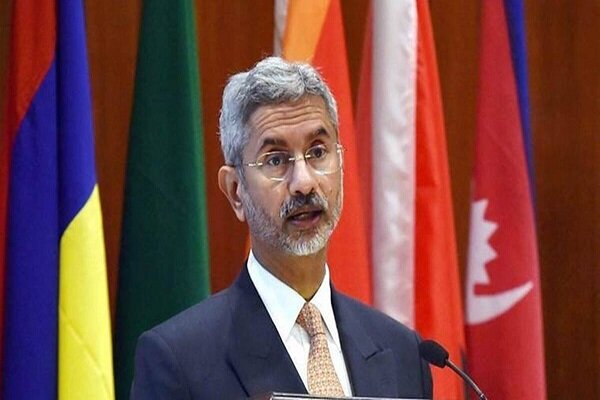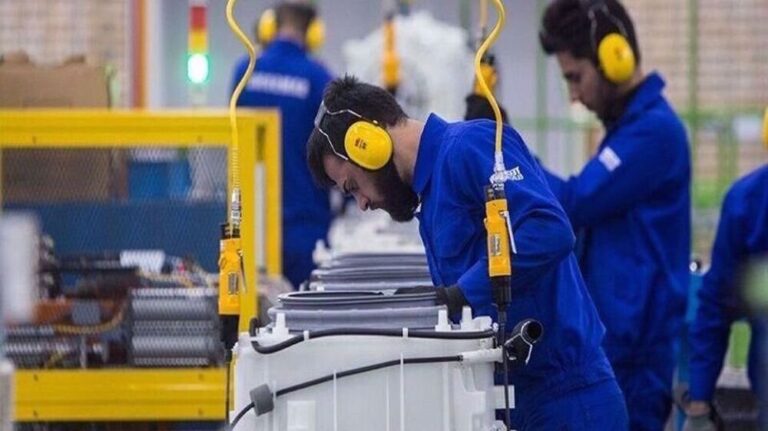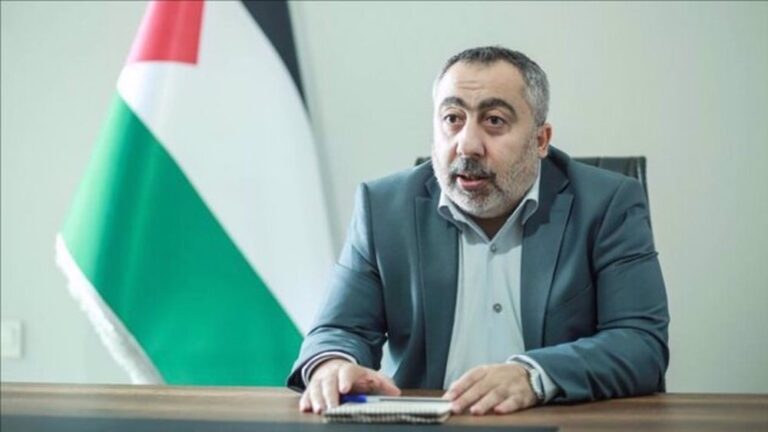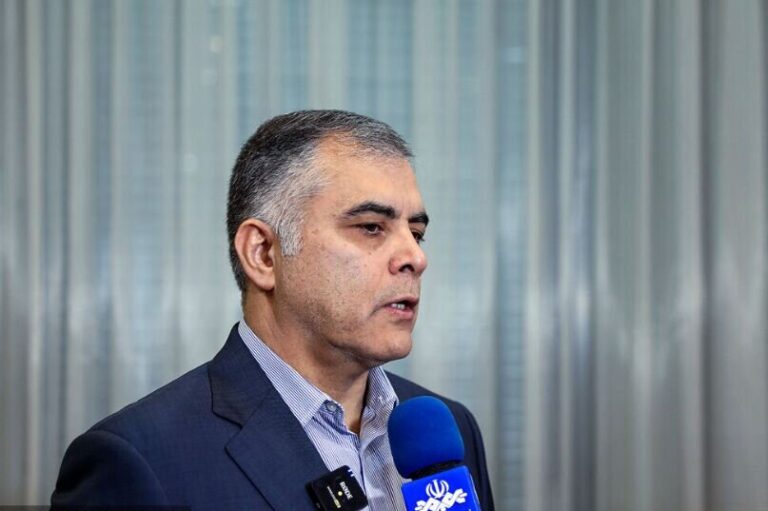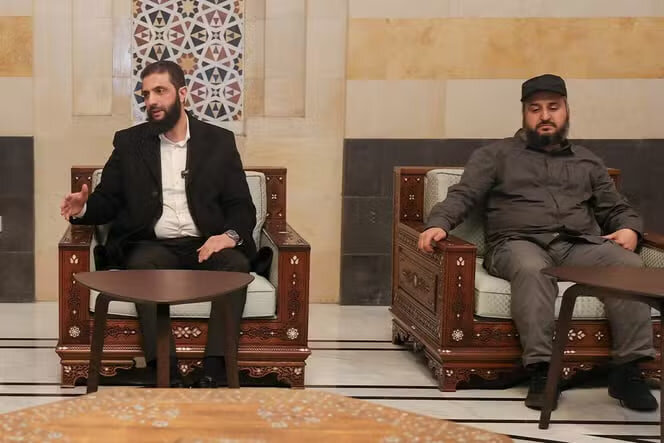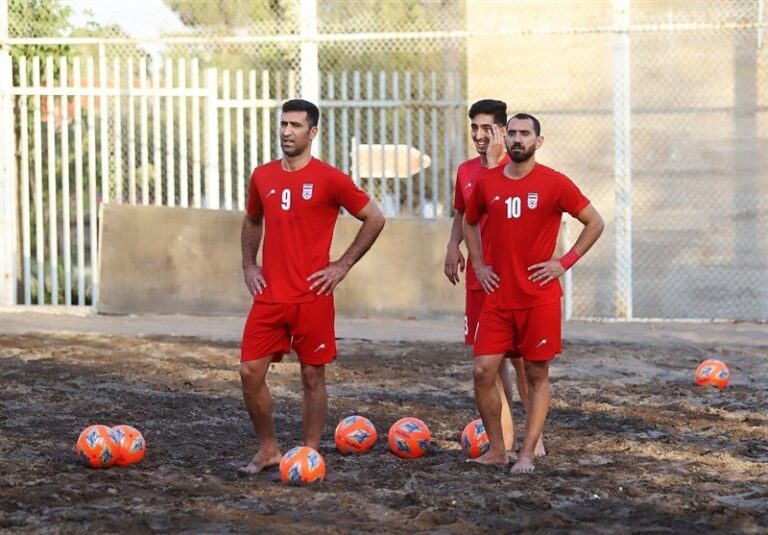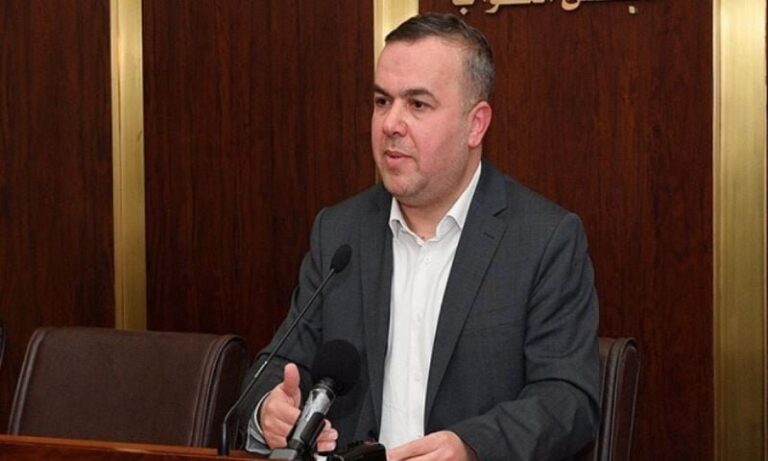India Celebrates Iran’s Islamic Revolution Anniversary: A Diplomatic Milestone!
In a significant display of diplomatic camaraderie, Indian External Affairs Minister S. Jaishankar recently conveyed his warm wishes to Iran on the occasion of the Ten-Day Dawn (Fajr) ceremonies. This gesture highlights the enduring relationship between India and Iran, especially in the context of regional politics and bilateral cooperation.
The Ten-Day Dawn (Fajr) ceremonies mark a crucial period in Iran’s modern history, celebrating the events that led to the Islamic Revolution of 1979. These celebrations not only reinforce Iran’s revolutionary identity but also its strong anti-imperialist stance. Since the victory of this revolution, the ties between Iran and India have deepened, showcasing a shared commitment to mutual respect and collaboration.
Jaishankar expressed his sentiments on social media, stating: “I congratulate Mr. Araqchi, the Foreign Minister, the government, and the people of Iran on the anniversary of the Islamic Revolution.” This message underscores the significance of Iran within India’s foreign policy framework and highlights the potential for increased diplomatic engagements between the two nations.
The historical context of India-Iran relations is rich and multifaceted. Here are some key points that illustrate the depth of this relationship:
- Ancient Ties: The relationship between India and Iran can be traced back to the era of the Persian Empire, particularly during the reign of Cyrus the Great.
- Cultural Exchange: Over the centuries, both countries have profoundly influenced each other in various fields including culture, art, architecture, and language.
- Political Alliances: The political dynamics between the two nations have evolved over time, leading to strong alliances and cooperative efforts in various international forums.
- Economic Cooperation: India and Iran have engaged in numerous trade agreements, particularly in the energy sector, establishing a robust economic partnership.
As both countries navigate the complexities of regional geopolitics, the importance of their diplomatic relationship cannot be overstated. The ongoing interactions between India and Iran serve as a testament to their commitment to fostering peace and stability in the region.
Furthermore, the celebration of the Islamic Revolution anniversary by Iran is not only a reflection of national pride but also an opportunity for both nations to reaffirm their shared values and mutual interests. This occasion serves as a reminder of the historical bonds that unite them, which continue to evolve in the face of contemporary challenges.
In recent years, both India and Iran have sought to strengthen their strategic partnership, recognizing the importance of collaboration in addressing regional security concerns. With ongoing dialogues and high-level visits, the two countries are poised to enhance their cooperation in various domains including defense, counter-terrorism, and cultural initiatives.
In conclusion, the warm congratulatory message from India’s External Affairs Minister is a significant milestone in the diplomatic relations between India and Iran. It reflects a commitment to continue fostering the ties that have existed for centuries. As both nations look to the future, their shared history and mutual interests will undoubtedly play a crucial role in shaping their partnership in the years to come.
In light of the evolving geopolitical landscape, it is essential for India and Iran to maintain open lines of communication and collaboration. The potential for further diplomatic engagements could lead to even stronger ties, benefiting not only the two nations but also contributing to regional stability.
As the world watches the ongoing developments in India-Iran relations, it is clear that both countries are committed to navigating their path together, grounded in a rich historical context and a shared vision for the future.
